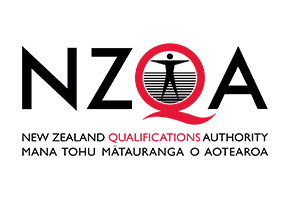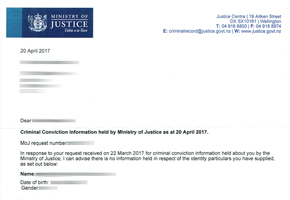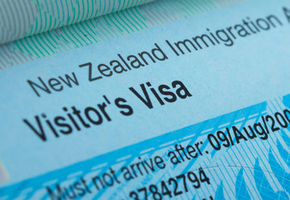Study In New Zealand
Why Study in New Zealand?
Studying in New Zealand not only offers you a pure British education experience but also a chance to observe the beautiful scenery. Compared to other countries, New Zealand’s cost of studying abroad is relatively “soft”. New Zealand’s international student education from primary, middle and high school to university, no matter what stage you are in, will help you to achieve your goals. In New Zealand, children learn more easily and happily than in the domestic model of intensive education.
Why New Zealand?
1. High qualiy teaching

Teaching standards are high and with small class sizes you will enjoy high levels of personal attention.
In universities, courses in New Zealand are delivered by respected teaching and research staff, even at the first year level. Most university staff combine research and teaching. They come from all over the world and keep their international connections refreshed using sabbatical leave and the other opportunities they get for ensuring regular engagement with the global academic community.
The high-quality teaching that New Zealand is known for will make you even more attractive to the employers and open up exciting post-graduate opportunities.
2. World's top education

It all means that – along with the people you’ll meet, the places you’ll see and the things you’ll do in New Zealand – you can be confident you’ll get an education that will set you up for the future you dream of.
International comparisons confirm you can have confidence in the quality of New Zealand’s tertiary education.
All eight of Universities in New Zealand are among the world’s top 500 in the 2015/16 QS rankings. On individual subjects, the 2015/16 QS rankings also placed New Zealand universities amongst the world’s top 50 for teaching accounting and finance, business and management, computer science, civil and structural engineering, agriculture and forestry, veterinary science and nine other important disciplines.
3. Internationally recognised

A New Zealand qualification can be a valuable asset, enhancing your career prospects both in New Zealand and internationally.
Employers around the world respect New Zealand’s education system for its ability to balance academic achievements with skills, producing creative, flexible thinkers who are competent at both practical and theoretical levels. We’re also part of the Lisbon Recognition Convention which means our certificates, diplomas and degrees have international recognitio
4. Well maintained school quality

When you’re unfamiliar with a country and its education system, it’s hard to know which school, institute or university is going to deliver the best quality.
That’s not really an issue in New Zealand. The education system is regulated with strong quality assurance systems across the board. It creates a consistency that gives you flexibility to pick the institution you want, in the city or town that interests you most, knowing that you will get a quality education.
Universities are quality assured by Universities New Zealand. It is responsible for monitoring and maintaining standards and approving the qualifications of each university.
All our Institutes of Technology and Polytechnics are also state-owned. These, along with private training providers such as English language schools must follow strict quality guidelines monitored by the New Zealand Qualifications Authority (NZQA). NZQA regularly reviews these providers and individual institution reports are available. Always look for proof that the school you’re considering is NZQA registered and that their programme is approved.
To protect overseas students, New Zealand Immigration won’t issue a visa if the course you are planning to do isn’t approved.
Student Visa Requirement
You’ll need a student visa if you’re planning to study here full time and the course is longer than three months.
STEP 01

An offer of place from an educational institution approved by the New Zealand Qualifications Authority
STEP 02

A written guarantee from an institution or person that suitable accommodation is available to you in New Zealand (if you’re under 18 years)
STEP 03

Evidence of sufficient funds to live on while you are studying
STEP 04

A return air ticket to your country, or evidence of sufficient funds to buy one.
STEP 05

If you’re spending six months or more here in New Zealand you may need to be screened for tuberculosis.
STEP 06

If you’re over 17 and intending to be in New Zealand for over two years, you’ll need to provide a police certificate to show that you are of good character.
STEP 07

If you’re studying a short course that’s less than three months, you don’t need a student visa: just a visitor visa.
* This is just a summary. *
You should make sure you get the full details at Immigration New Zealand. SOL also have immigration advisor you can discuss on your student visa application.
